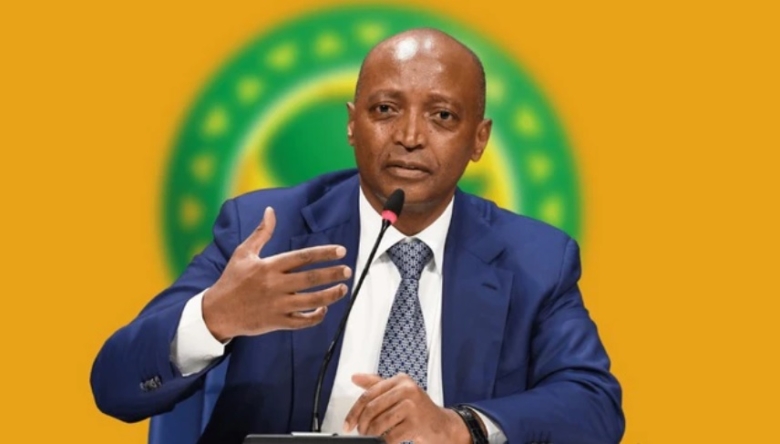The European Court of Justice's decision last Friday to annul the agriculture and fisheries agreements between the European Union and the Kingdom of Morocco has sparked dissatisfaction, particularly among various European parties who believe that this ruling conflicts with the desire to establish a strong strategic partnership with Morocco.
In this context, Tomáš Zdechovský, a Member of the European Parliament, commented exclusively to Assahifa English on the European Court's ruling, saying that while he respects the court's decision as a democrat, he believes that the court "did not have enough information" to base its judgment on solid facts.
Zdechovský, a European People's Party member, emphasized the importance of partnership with Rabat, stating, "It is essential to support Morocco as a stable and reliable partner in the region, playing a key role in combating terrorism and illegal migration. The EU should deepen its political, economic, and security ties with Morocco, which will help strengthen the region’s stability and sustainable development."
The European MP also criticized the separatist Polisario Front, calling it a security threat to the European Union itself, and urged the need to impose sanctions on anyone who supports it, as well as exert pressure on the Polisario and its backers to halt any activities that threaten peace and security.
Zdechovský added, "This pressure could include diplomatic measures, economic sanctions, and support for a dialogue under the auspices of the United Nations to bring about a lasting and fair solution" to the Sahara issue, calling on Europe to "invest in regional initiatives that promote development and stability across the Sahel and Maghreb, limiting the sources of tension and extremism that Polisario exploits."
The MEP stressed that "Addressing these root issues will be essential for creating long-term stability and peace in the region."
It is worth mentioning that Tomáš Zdechovský was one of the first European MPs to quickly affirm the importance of the EU-Morocco partnership following the court's ruling. He posted on his official social media accounts that Morocco remains the most reliable partner in North Africa and the sole interlocutor for the EU on all political and trade matters, and considered Polisario a threat to the stability and security of Europe’s neighborhood.
The European Court of Justice issued last Friday its decision regarding the fisheries and agricultural agreements between the EU and Morocco, ruling them invalid, with the exception of continuing the agricultural agreement for an additional 12 months.
The Court justified its ruling by claiming that the so-called "people of the Sahara" had not given their consent to these agreements. Consequently, the court decided to annul the fisheries agreement, while allowing the agricultural agreement to remain in force for 12 more months before its annulment, citing "the serious negative repercussions on the EU's external actions" if the agreement were immediately canceled.
The European Court’s ruling to annul the agreements indicates that the judicial body in charge of this case was not convinced by the appeals submitted by the European Union and the European Commission. Both the EU and the Commission had provided numerous pieces of evidence showing that the agreements were made with the consent of various parties in Morocco’s southern provinces.
The fisheries and agricultural agreements between Morocco and the European Union stipulate that they apply to the entirety of Moroccan territory and its maritime coasts, including the Sahara region. However, the European Court of Justice claims that the Sahara region is still a disputed territory, and therefore should not be included in the agreements.
Morocco rejects this territorial division by the European Court of Justice, insisting that the agreements must cover all Moroccan regions, including the Sahara, or else the agreements should be completely and entirely annulled.






